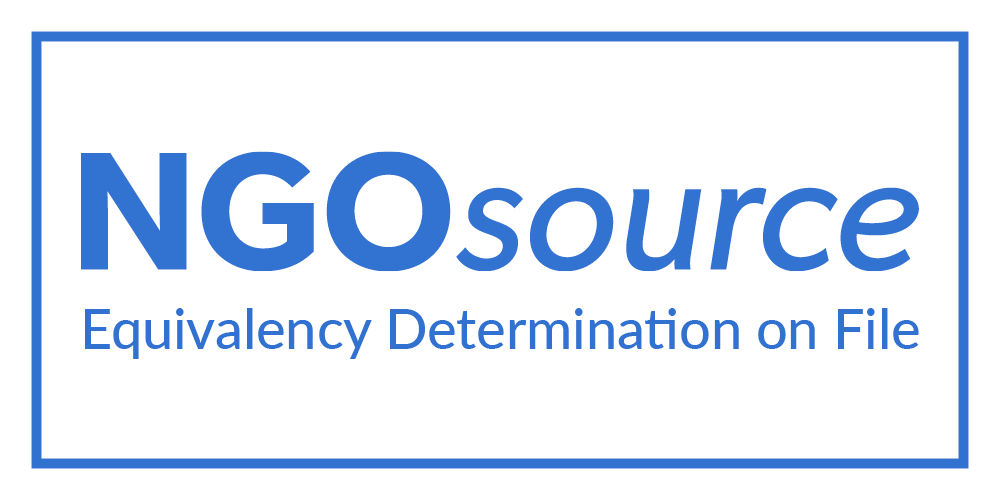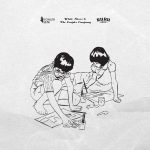The Launching of ‘Caring for The Arts’ Research: The Emotional Labor of Women
Jakarta – Research by the Indonesian Arts Coalition (Koalisi Seni) found that emotional labor is more burdensome for women art workers. The reason for that is the different expectations imposed on women by society.
“Women are expected to have feminine traits such as cooperative, attentive, caring, and friendly. Such traits are considered a given and natural for women, when in fact they are not. Consequently, women who become art workers have to bear the burden of emotional labor,” said the Koalisi Seni Coordinator of Policy Research, Ratri Ninditya, on Thursday, December 16, 2021.
Conducted in 2021, the research collected data from 202 respondents of an online survey as well as in-depth interview analysis with 9 sources. The subjects of the in-depth interview were women art workers (both cisgender and transgender) who assume behind-the-scenes roles and intensively handle interactions with the public. Download the research for free at bit.ly/risetmerawatseni (currently only available in Indonesian language).
This research was launched in a webinar on Thursday, December 16, 2021, at 14.00-16.00 WIB. The speaker was Ratri Ninditya, while the respondents were Cecil Mariani (artist and lecturer of Jakarta Institute of Arts), Hendrika Mayora Victoria (trans women activist and founder of Fajar Sikka), and Kunni Masrohanti (chairman of Indonesian Women Poet). The event was moderated by artist Syska La Veggie. The discussion event was open to the public and journalists.
The survey results show that women art workers tend to deal with high labor intensity and a big emotional burden, are not equipped with sufficient work skills, have less influence in the decision making process, and have long working durations. Almost half of the respondents (46%) admitted to working with no written job contract. The workplace itself is not always a safe space for women, as more than 25% of respondents have experienced harassment at work at least once in the past year. The rate of the income is also concerning, because 41% of the respondents disclose that their wages do not meet the minimum wage standards. In addition, the majority (82%) of respondents are not members of a labor union or similar organizations.
“The poor working condition is a complete opposite of the respondents’ high working motivation. Being a highly motivated worker in the midst of poor working conditions can lead to justification and perpetuation of exploitative systems, as well as diminishing workers in the arts and culture sector,” said Koalisi Seni Policy Researcher, Harits Paramasatya.
For context, emotional labor includes all forms of managing personal emotions at work to be conveyed to others, or to deal with and change other people’s emotions. In this research, emotional labor is identified as displaying masculinity, being responsible to create a pleasant atmosphere, maintaining reputation, tackling bullying, continuous involvement in social interaction, handling complaints, providing psychological assistance, and preserving social media image.
According to research respondents, these forms of work have resulted in physical exhaustion, depression, paranoia, mental fatigue, and headaches. Most working places do not provide sufficient safety nets against the implications of emotional labor. Support can only be expected from families or close communities. Most respondents also acknowledge that their workplaces do not have health care support such as health insurance or reimbursement of medical expenses. Worker protection systems such as discussion forums or labor unions are also absent from many workplaces.
Koalisi Seni recommends the following steps to ensure supports and affirmation in the workplace for women in the arts:
| Stakeholders | Recommendations |
| Government |
|
| Employer |
3. Create a more democratic workplace through:
|
| Art workers | Join workers union |
| Art and creative workers union | Strengthen and expand its scope |
| Donor agencies | Monitor the program implementation by grantees to ensure the absence of misogyny, sexism, and transphobia, as well as provide a mechanism for dealing with the implications of emotional labor. |
Translated by Moyang Kasih Dewimerdeka.




